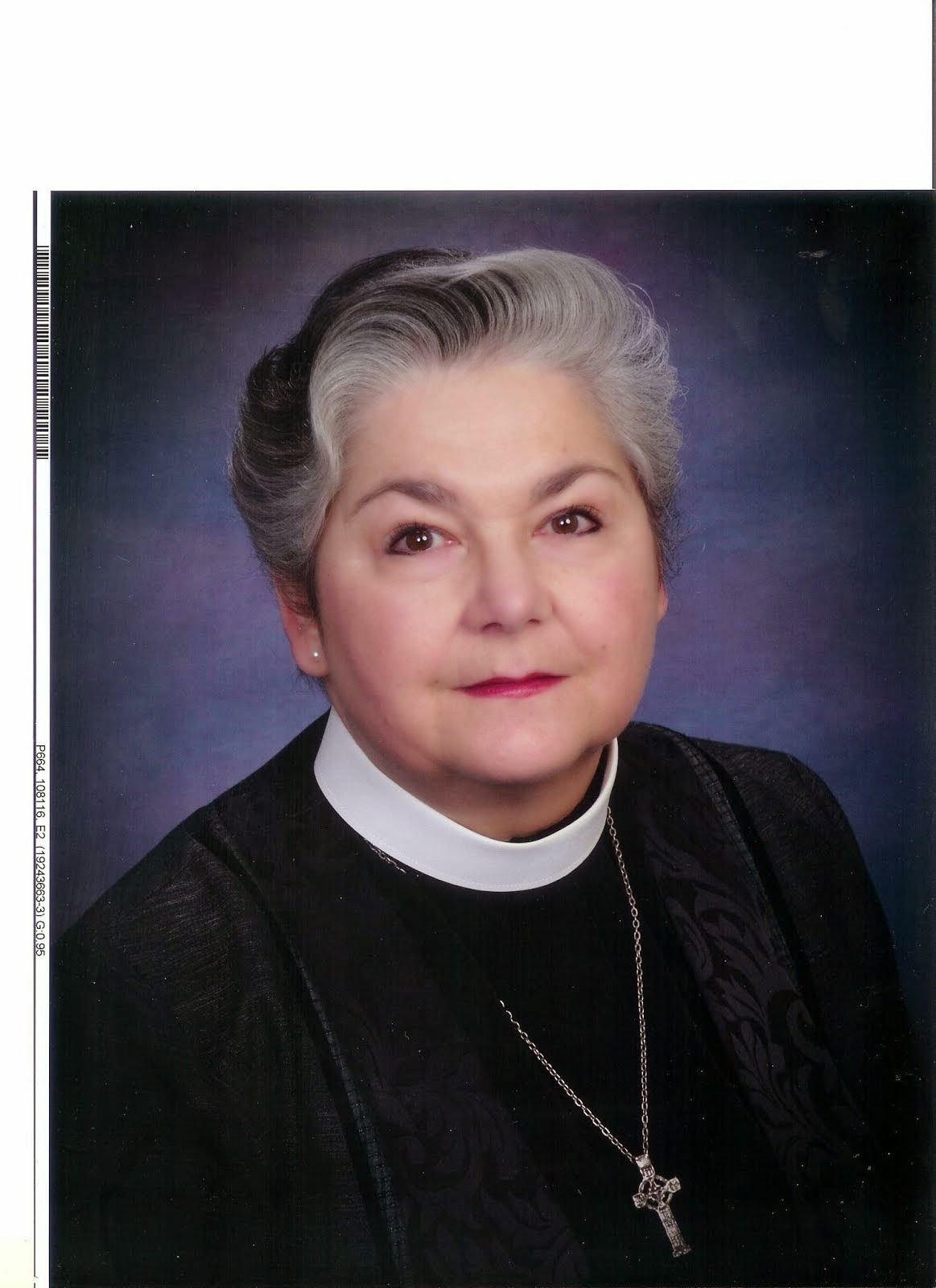I'm thinking about this Sunday's sermon, since it's our first "deacon's mass"* service and I want the sermon to really speak to our parish's situation. I'm finding that the image of the labyrinth, with the spiral from larger community in to that one-on-one moment at the communion rail receiving Christ's body and blood is an interesting one to play with.
Key things I'm interested in conveying:
* although the moment of receiving communion often feels intensely personal, it cannot be fully realized except in community;
* our liturgy is a physical and verbal expression of what we believe, and this parish, in this time of transition, is in an "in-between" state. This particular liturgy is a gift of grace - a liturgical expression of who, what and where we are;
* God reaches out to us (through the gift of God's Son in the sacrament) even as we reach up for God - once again, relationship is key.
Now, how I get from those thoughts to a finished sermon will probably take me through Lee Mitchell, Howard Galley and Patrick Malloy, and maybe Justin Martyr and Hippolytus, via Annie Dillard (“Sunday congregations are like children with chemistry sets mixing up batches of TNT. They are blind to the power that they hold in their hands.”) and to Chartres and the labyrinth. Or not.
Writing sermons is also like being a child with a chemistry set. Sometimes I make sparklers, and sometimes it just blows up in my face.
Any thoughts to add to the mix, friends?
* In the Episcopal tradition, the consecration of the bread and wine may only be done by a priest. However, in special circumstances, and only with the consent of the bishop, a deacon may preside at a liturgy using pre-consecrated elements, eliminating the eucharistic prayer and fraction, but distributing the bred and wine as would normally be done in a serice of Holy Eucharist. It is rare because the church believes that it is the memorial of that supper and the words of institution that should be the focus, remembering Christ's sacrifice for us, and this service might seem to gloss over it.







No comments:
Post a Comment